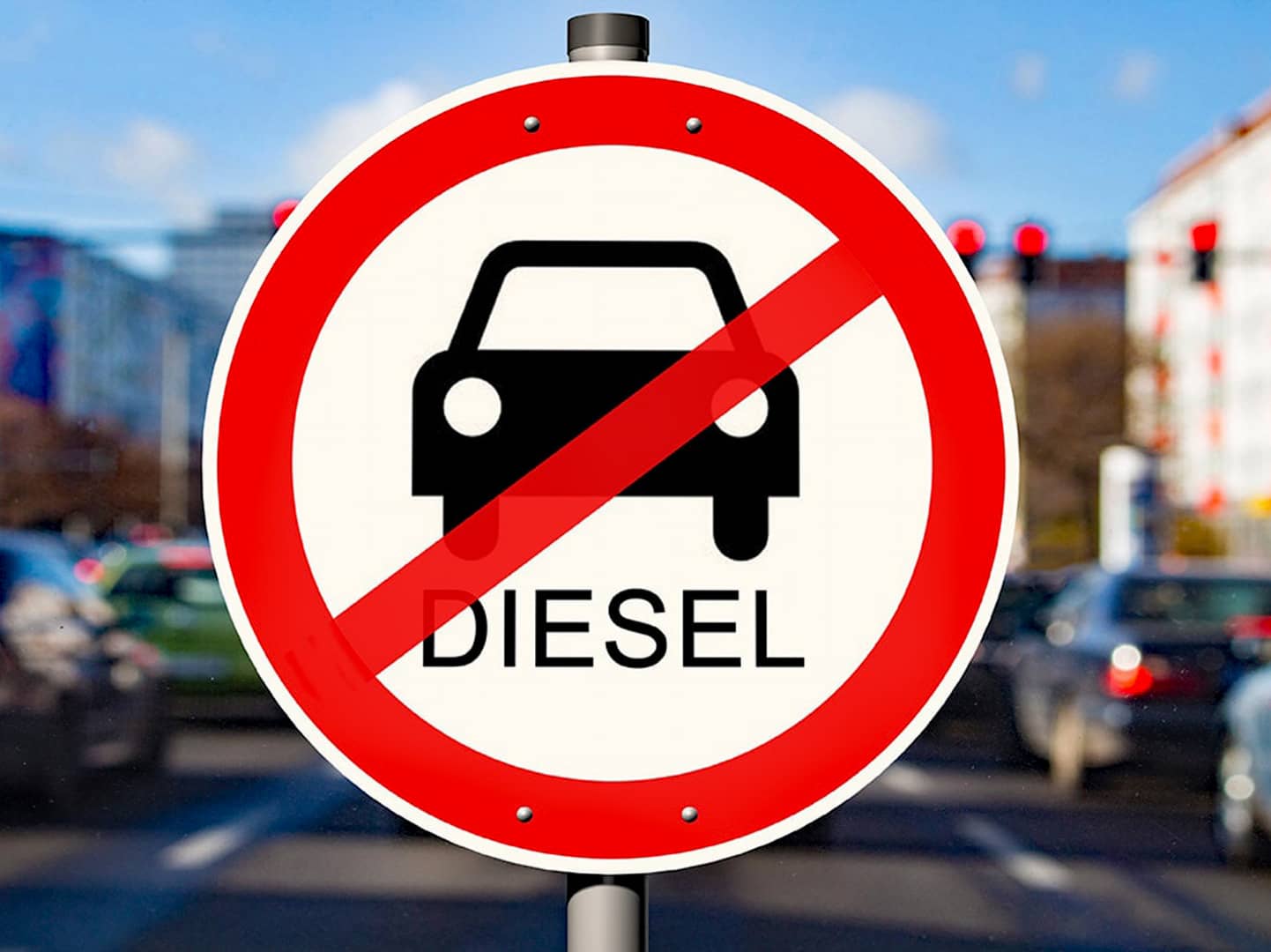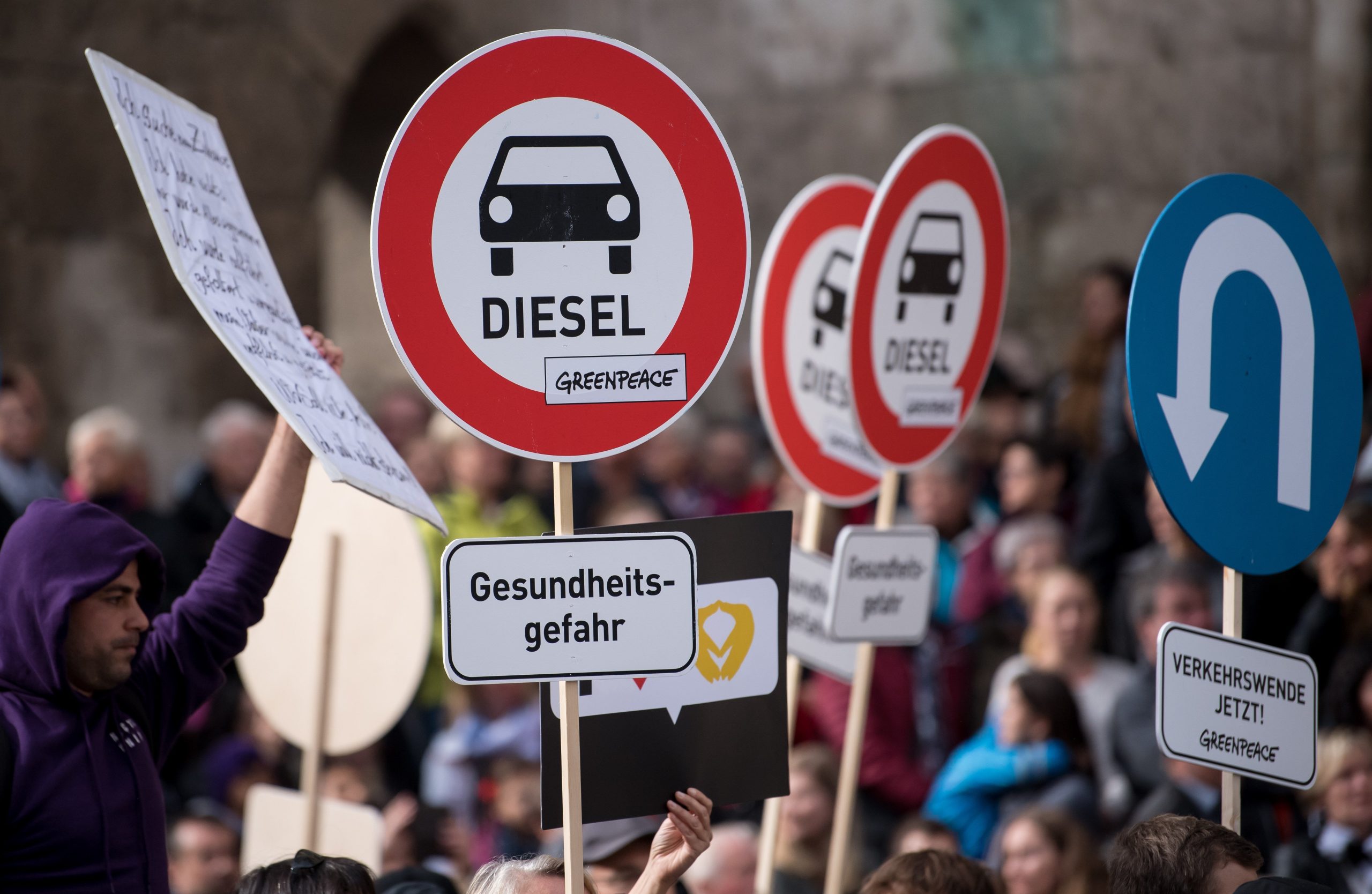The push to phase out diesel vehicles across Europe has sparked widespread protests, particularly from farmers and transporters who rely heavily on diesel-powered machinery and vehicles.
These protests highlight the significant challenges and resistance faced by governments as they attempt to implement stricter environmental regulations. This article explores the reasons behind the diesel ban, the impact on various stakeholders, and the ongoing protests.
The Rationale Behind the Diesel Ban
The European Union has set ambitious targets to reduce greenhouse gas emissions and improve air quality. One of the key measures is the gradual phase-out of diesel vehicles, which are major contributors to air pollution and carbon emissions.

The EU aims to ban the sale of new diesel cars by 2035 as part of its broader strategy to achieve carbon neutrality by 2050. This move is intended to accelerate the transition to cleaner, more sustainable transportation options, such as electric vehicles (EVs) and hydrogen-powered vehicles.
Impact on Farmers and Transporters
For farmers and transporters, the diesel ban poses significant challenges. Many agricultural machines, such as tractors and harvesters, rely on diesel engines due to their durability and power.
Similarly, transporters depend on diesel-powered trucks for the efficient movement of goods across long distances. The sudden shift away from diesel could disrupt their operations, leading to increased costs and logistical difficulties.
Also Read: Luxury SUVs and Their Impact on Urban Traffic Congestion
Protests and Resistance
In response to the diesel ban, farmers and transporters have organized protests across Europe. These demonstrations often involve convoys of tractors and trucks blocking major roads and highways, causing significant disruptions.
The protests are driven by concerns over the economic impact of the ban, as well as the perceived lack of viable alternatives for diesel-powered machinery and vehicles.
Government Response and Compromise
Governments have been forced to go through a delicate balance between environmental goals and the needs of affected industries. Some have proposed measures to ease the transition, such as subsidies for the purchase of electric or hybrid vehicles, and investments in charging infrastructure.
However, these measures have not been sufficient to quell the protests, as many stakeholders feel that their concerns are not being adequately addressed.
Environmental and Health Benefits
Despite the resistance, the diesel ban is expected to bring significant environmental and health benefits. Reducing diesel emissions will improve air quality, particularly in urban areas, and contribute to the fight against climate change.
Studies have shown that diesel exhaust contains harmful pollutants, such as nitrogen oxides and particulate matter, which can have serious health impacts, including respiratory and cardiovascular diseases.

The Path Forward
The ongoing protests underscore the complexity of transitioning to a low-carbon economy. While the environmental benefits of the diesel ban are clear, achieving these goals requires careful consideration of the economic and social impacts on affected industries.
Governments and policymakers must engage in dialogue with stakeholders to find mutually acceptable solutions that balance environmental objectives with the practical realities of those who rely on diesel vehicles. The diesel ban protests across Europe highlight the challenges of implementing environmental regulations in a way that is both effective and equitable.
As the EU continues to push for cleaner transportation, it must also address the concerns of farmers and transporters to ensure a smooth and just transition. By fostering collaboration and innovation, Europe can move towards a more sustainable future while minimizing the disruption to vital industries.
Also Read: Performance Cars and Street Racing, Do High-Power Vehicles Encourage Illegal Behavior?

